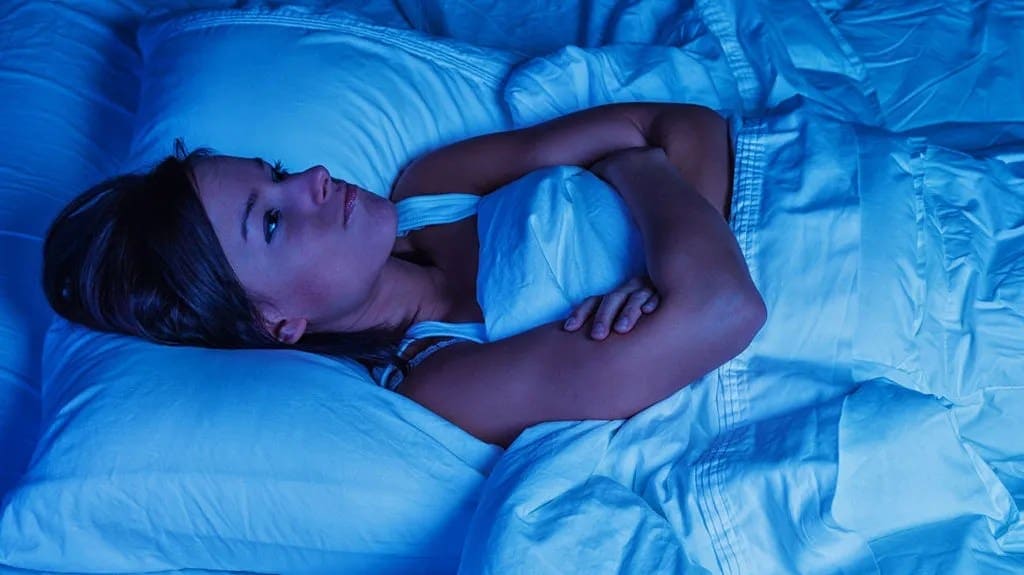The findings, which were based on over 1,000 (1,113) men and women who were full-time university students, showed that individuals who reported depressed symptoms were nearly four times more likely to have poor sleep patterns.
Excessive daytime sleepiness (EDS) was an issue for more than half of the students (55%) and they were almost twice as likely to be depressed or have moderate to high levels of stress. Furthermore, the study reveals a gender gap, with poor sleep quality and EDS being more common in women.
Stressors such as course obligations, according to the authors, render college students prone to sleep problems, which have an impact on academic performance and health. They’re urging institutions to do more to encourage healthy sleeping habits and mental well-being.
“Sleep disturbances are especially damaging to college students since they’re linked to a number of unfavourable academic consequences,” says the study’s main author.
“These include focus and perceptual problems, a high absenteeism rate, and even dropping out of the course.”
“Factors that may influence sleep patterns, such as academic stress and social life, are more prevalent in the university setting. To lower the chance of acquiring additional chronic diseases, it’s critical to analyse and monitor students’ sleep patterns, mental health, and quality of life.
“Implementation of institutional measures and policies should be planned by university administrators.” This is to encourage the creation of activities that promote healthy sleeping habits and improve students’ mental health.”
Students are prone to a lack of quality slumber at night due to circumstances such as living away from home for the first time, consuming stimulants that affect sleep, and having unpredictable bedtimes. College students reported sleeping an average of seven hours each night, although nine hours is recommended for young people.
It’s unknown what causes sleep problems and depression, or whether mental health conditions cause poor sleep quality (or vice versa). As a result, the authors recommend that further study be conducted in order to better understand this connection.







